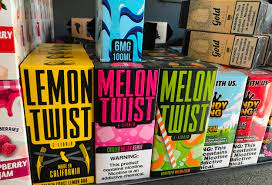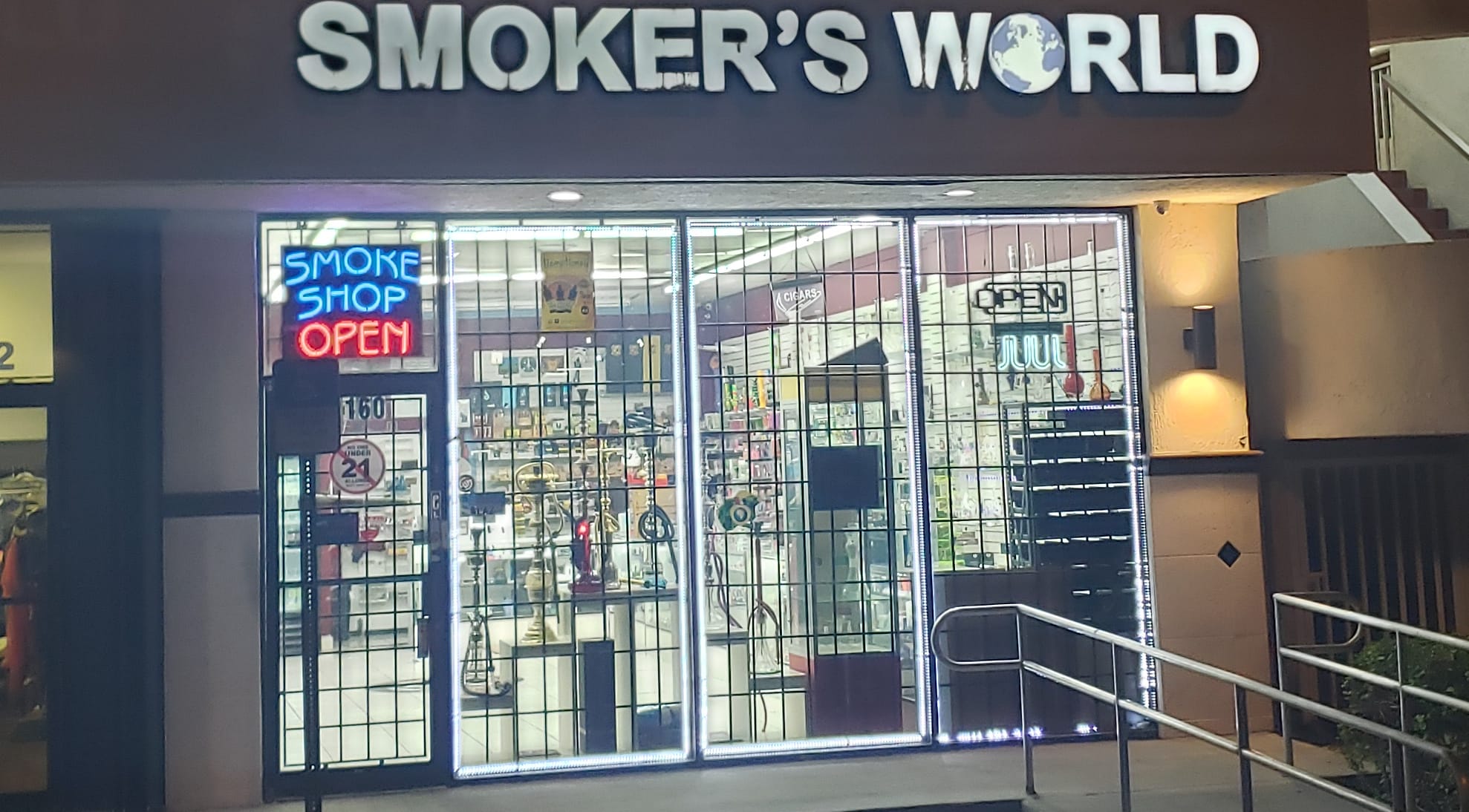The Urgent Need for a Flavor Ban
Amid the vaping epidemic that has gripped the nation, public health organizations have been urging for swift and decisive action to address the rising popularity of flavored e-cigarettes. According to the Centers for Disease Control and Prevention (CDC), over 5 million youth in the United States are currently using e-cigarettes, and flavored products are often cited as a major attraction for young users.
Inaction Amid an Epidemic
Despite the severity of the vaping crisis, the Trump administration has faced criticism for failing to implement a comprehensive flavor ban on all non-tobacco e-cigarette products. While some measures have been proposed, the lack of immediate action has raised concerns about the impact on public health and the continued allure of sweet and fruity flavors to underage vapers.
Public Health Advocates React
Prominent public health organizations, including the American Heart Association, the American Lung Association, and the Campaign for Tobacco-Free Kids, have publicly condemned the administration’s inaction. They argue that delaying the implementation of a flavor ban only serves to perpetuate the youth vaping epidemic and puts millions of young lives at risk.
The Role of Industry Influence
Critics have pointed to the influence of the vaping industry in shaping the administration’s response to the crisis. Lobbying efforts and campaign contributions from e-cigarette manufacturers have been cited as potential factors contributing to the lack of decisive action on a flavor ban.
States Take Matters Into Their Own Hands
In response to the federal government’s inaction, several states have taken the initiative to enact their own flavor bans. While some state-level bans have been met with legal challenges, others have successfully restricted the sale of flavored vaping products to protect youth populations.
Conclusion
As the debate surrounding vaping and its impact on public health intensifies, the need for effective regulation becomes more apparent than ever. While public health groups continue to advocate for a nationwide flavor ban, the Trump administration’s inaction remains a point of contention. As the vaping crisis persists, it is crucial for policymakers to prioritize the well-being of the nation’s youth and take the necessary steps to combat the allure of flavored e-cigarettes.



